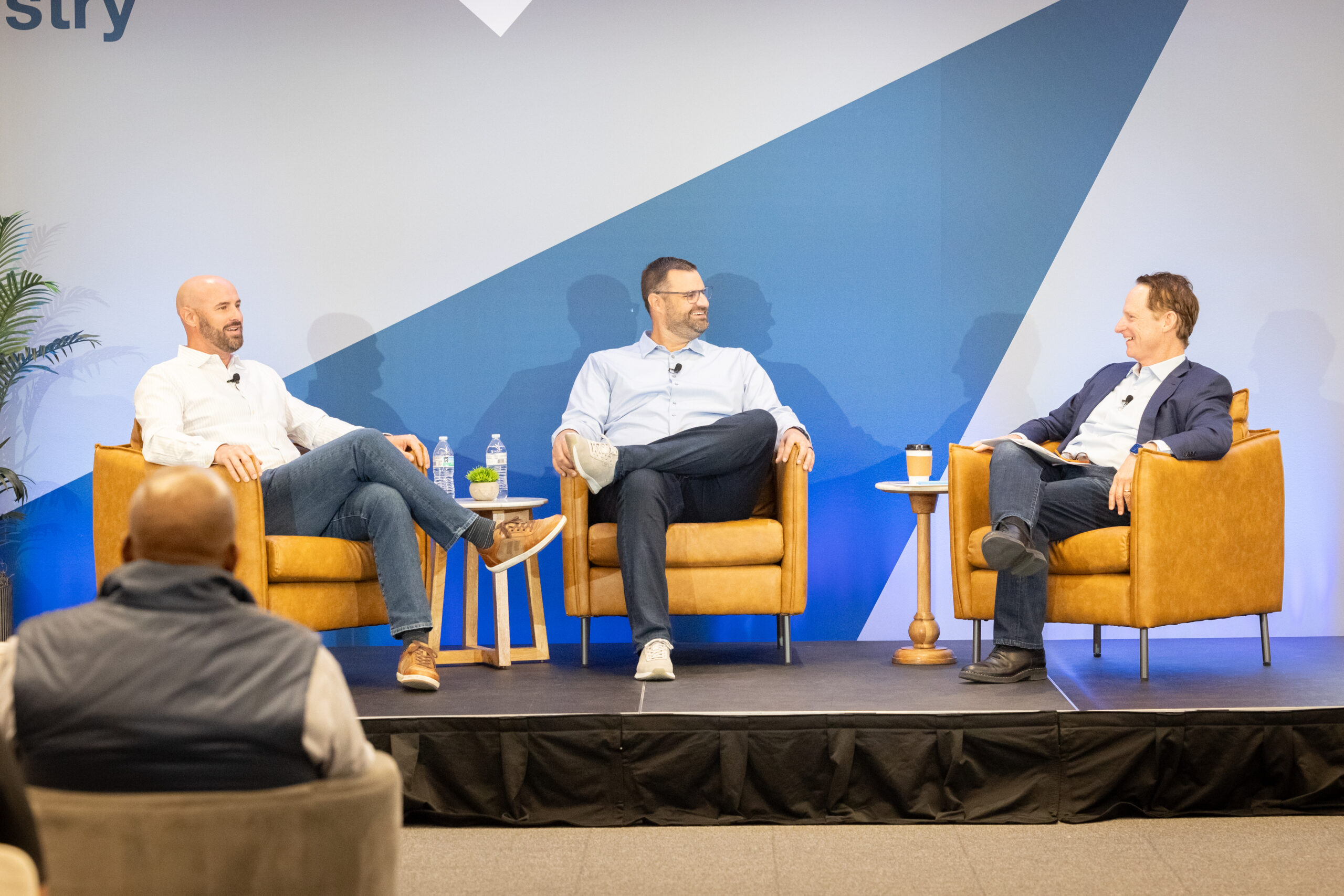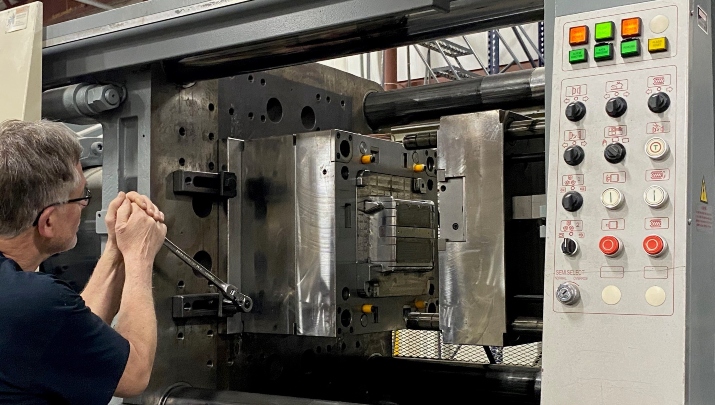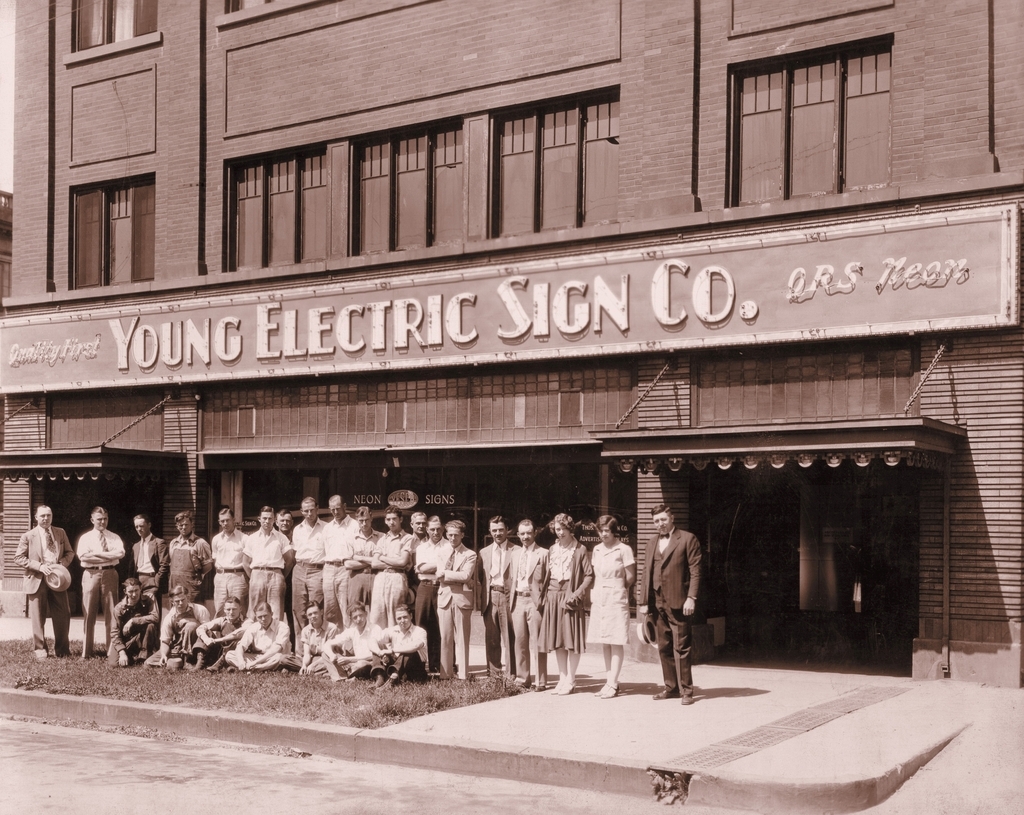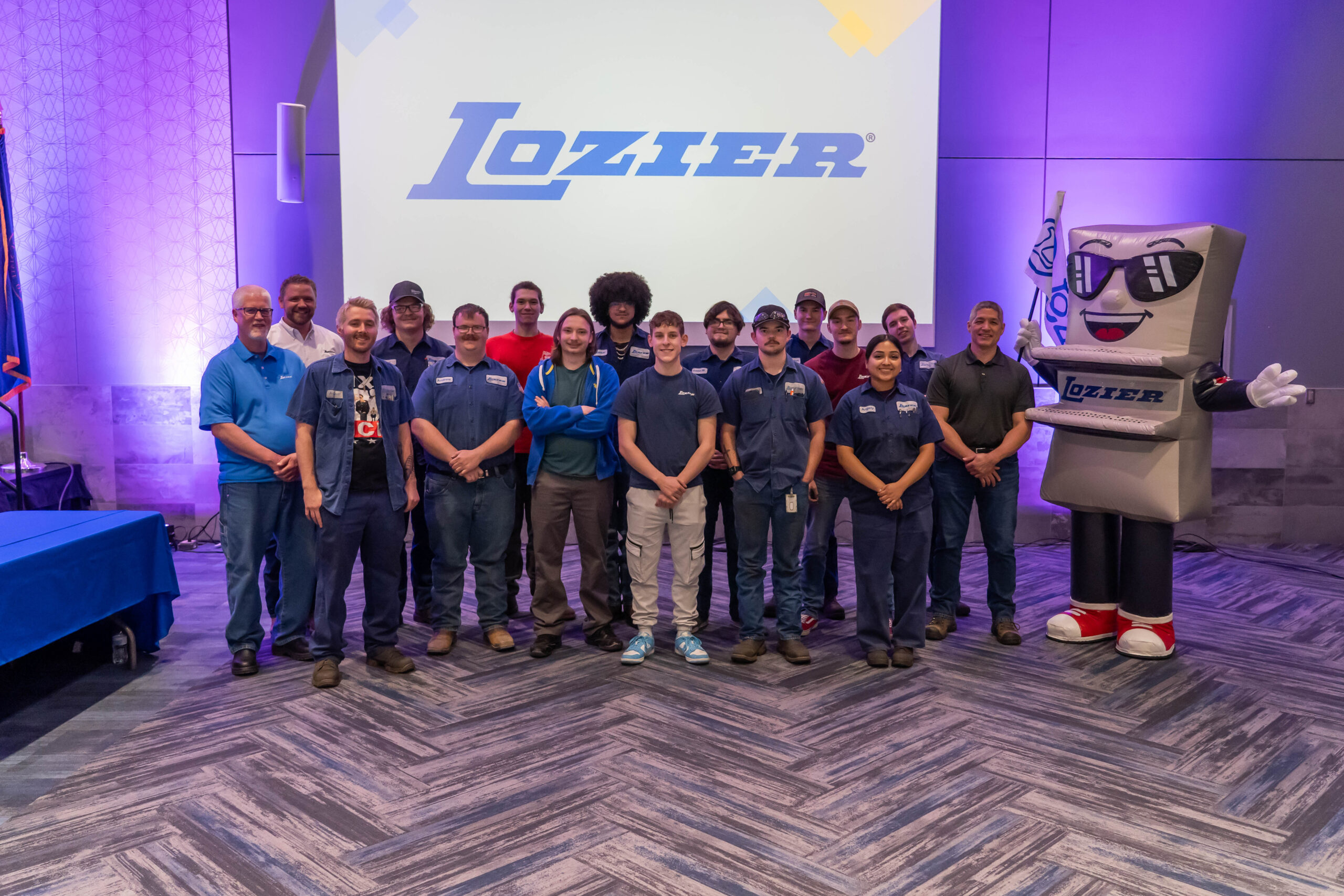

Why I Work With Lobbyists and Why You Might Consider it Too
- Jeff Patterson
- Gaggle
In 2019, a fellow Tugboat Institute® member shared a short talk on working with lobbyists. Up until that point, I had engaged with lobbyists twice, to work on issues specific to a school district and the Federal Communications Commission (FCC), respectively. Each time, I was already deep into my work solving the two problems involved, and the lobbyist work was something we tacked on partway through because it became apparent that we had to. But when I saw this talk in 2019, I got to thinking–maybe this could or should be a more regular part of our process?
There are many different reasons to engage a lobbyist, and there are many different types of lobbyists. Some specialize in working with county governments or school districts, some work exclusively with agencies or alliances, some are partisan and some are not, some work at the state level, and some at the federal level. The landscape is complex and can be intimidating, but it comes down to this; there is virtually no industry that is not significantly influenced by regulation. Would you prefer to be at the whim of the regulating agencies, or would you like to have a chance to ensure that they understand the issue from your point of view?
Gaggle operates in the education industry, providing solutions to help K-12 districts manage student safety and well-being on school-provided technology. Our whole industry is driven by government funding. The state departments fund their districts, the federal government funds the Department of Education, and both distribute a great deal of money through annual budgeting and grants to fund our public education system. Sometimes the goal in engaging lobbyists is simply to ensure that your legislators fully understand the issues on the table, and structure grants and programs in such a way that your product is eligible.
Like many smaller Evergreen® companies, we often face competitors who are huge and well-funded, but who do not deliver the product they promise, in great part specifically because they are not Evergreen, and prioritize profit at all costs. If we don’t engage lobbyists and enter the conversation, the legislators and politicians crafting the regulations will only understand the issue from the point of view of our loud and wealthy competitors, who have a significant presence in the state and federal houses. They need to be educated, and most of the voices who seek to educate them have their own self-interest at heart.
Once you start to think that entering the lobbyist ‘game’ may be important, your next question might be, how? I admit that it can get complicated pretty quickly. In short, there are lots of different types of lobbyists, but no matter who they are, once you engage them, it is their job to become an expert on the issue you are dealing with. Some are independent, but most work with firms. And it’s a game of conversations. If the issue on the table has to do with state regulations, they will travel to the statehouse and meet with the staffs of legislators and committee members, and sometimes, with the elected officials themselves. If it’s a federal issue, the layers of people between you and the legislators multiply, and you will find that most of the lobbying happens with the staffs of the people who will be signing the legislation. It’s a little shocking, by the way, to what degree our country’s regulatory structure is shaped by these staffers, who are typically just a few years out of college!
The bottom line is this; it’s best to stay out in front of the regulatory shifts that are in the works if possible. Our first experience working with a federal lobbyist was a time when we were on the defensive and forced to react. As the pandemic took hold and online education took center stage, our industry was suddenly under much more scrutiny than ever before. We received an accusatory letter from the office of Senator Elizabeth Warren, requiring that we answer ten very specific questions about the ways we were (or weren’t) protecting minority and LGBTQ+ kids. We are in the business of protecting kids, so this was something of an affront, but it made us realize that the new privacy policies that were in the process of being shaped were operating on a number if ill-conceived assumptions, because the legislators only had a limited perspective on the issue. We hired a federal lobbyist to help them understand who we were and what we did.
Many in my industry are backed by Private Equity, and they just said, “Oh, let’s lay low and wait until this blows over.” But we were not willing to do that. We are part of a system–and in fact helped create that system–that is specifically trying to protect those kids, so we had to make them understand that. We are on a mission. We need people to understand and join us on this mission.
When it comes to regulation, there is a pendulum that swings one way and then it swings the other. Right now, we are swinging heavily toward more regulation, and I expect we will be here for about another half decade. Enormous, important decisions are being made about how government money is rewarded, what the criteria are for entrance into certain markets, what level of tariffs or taxation we will experience, and even, especially in my industry–education–what exactly privacy means and how tightly it is controlled.
I know the reputation of the lobbying world is largely negative. Maybe people see it as a war of self-interest, where the entities with the most money typically prevail. I suppose to a certain extent that is true, but here again, the advantage of being an Evergreen company is significant. Governments at all levels like to feel they are doing the right thing. Once they understand the value proposition of your Evergreen company, with its People First orientation and its commitment to adding value to the communities it serves, they can feel good advocating for your point of view. They hear from corporations all day long and they can see the difference between us and them. Further, as the leader of an Evergreen company, I can step into this ‘war of self-interest’ with a clear conscience, because I know that the interests I am trying to protect extend beyond my bottom line and even my employees. I am working for the good of every student and district we serve and everything we do is aimed at improving their experience in the world and protecting them from exploitation.
With this mission, if hiring lobbyists is the most effective way to share it and ensure that we have the space and funding to do our good work, then hire lobbyists we will. And I will sleep better at night knowing I am doing everything I can to help advance this mission and help students across all of the states and districts we serve.
More Articles and Videos

Fireside Chat with Dave Thrasher, Dan Thrasher, and Dave Whorton
- Dave Thrasher, Dan Thrasher, & Dave Whorton
- Supportworks and Thrasher Group

Get Evergreen insight and wisdom delivered to your inbox every week
By signing up, you understand and agree that we will store, process and manage your personal information according to our Privacy Policy






